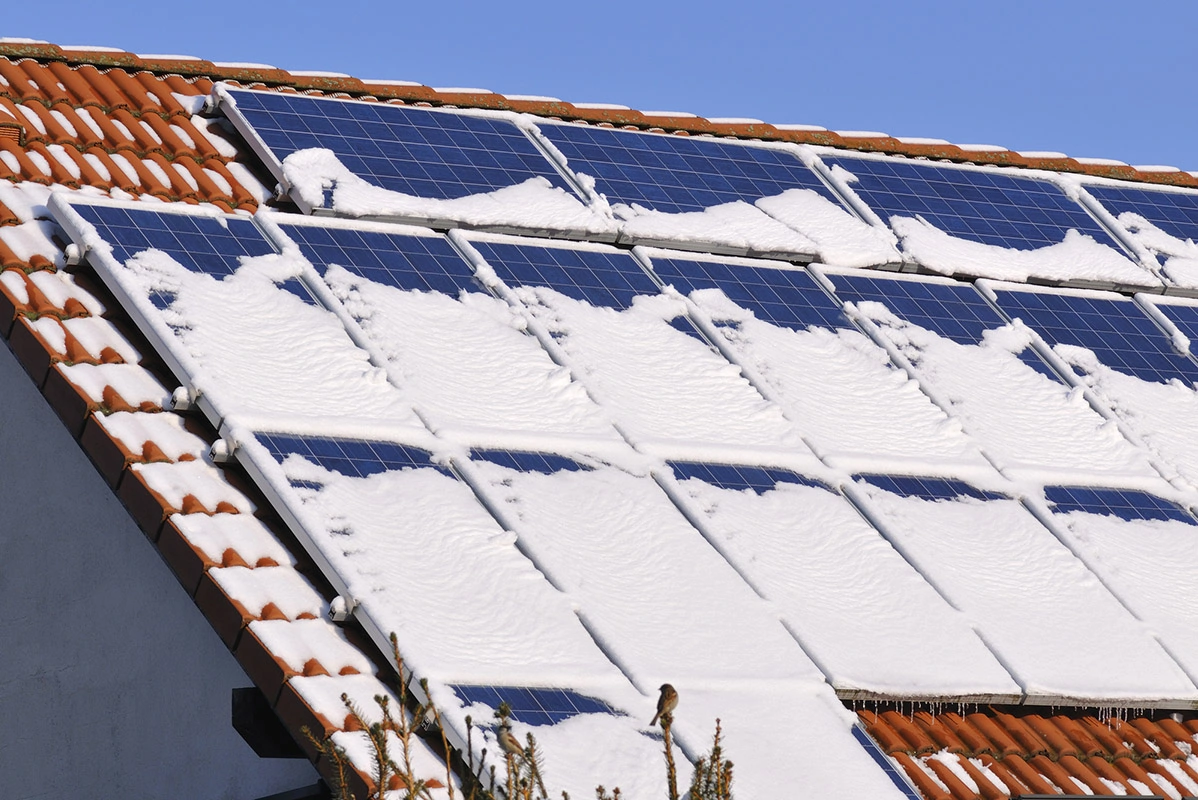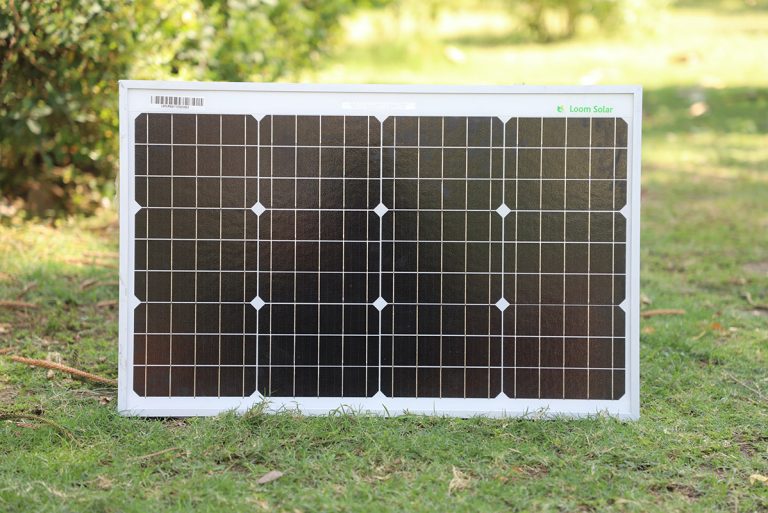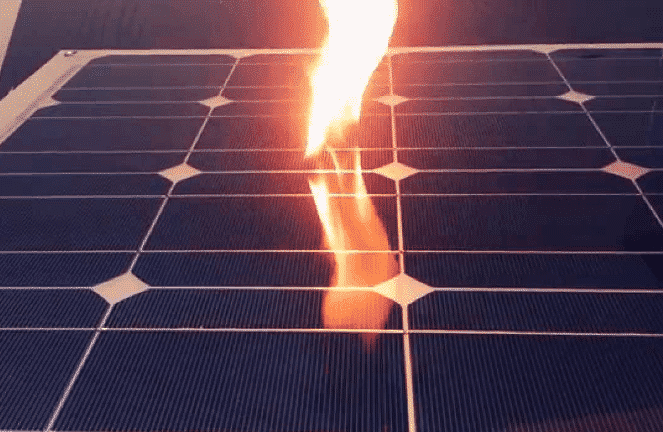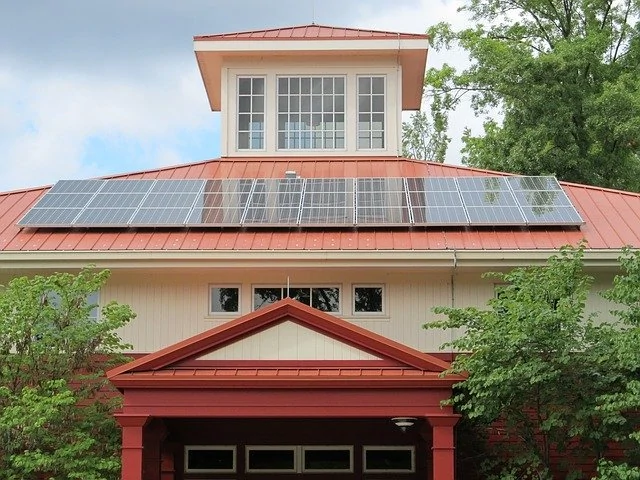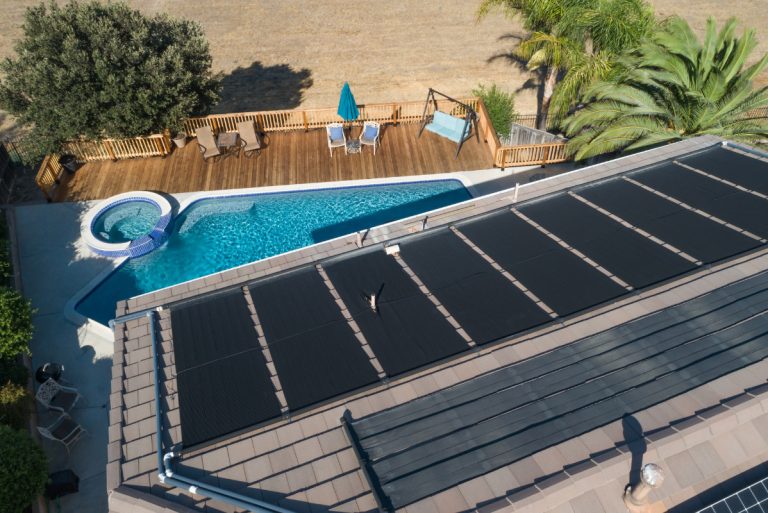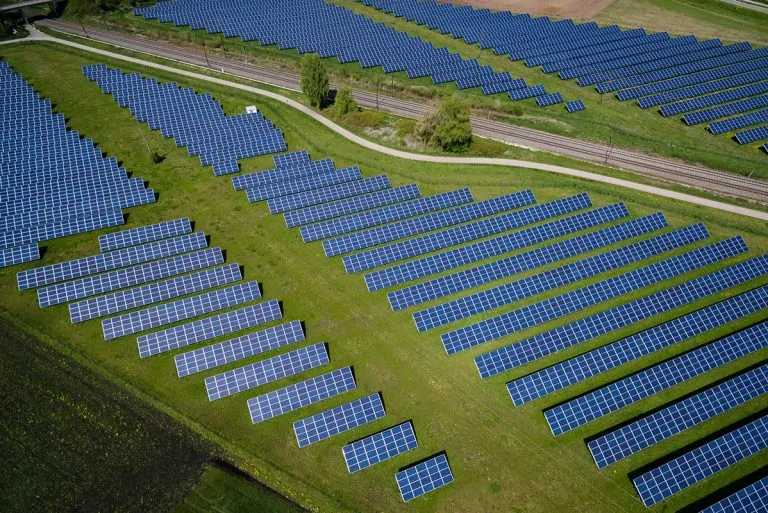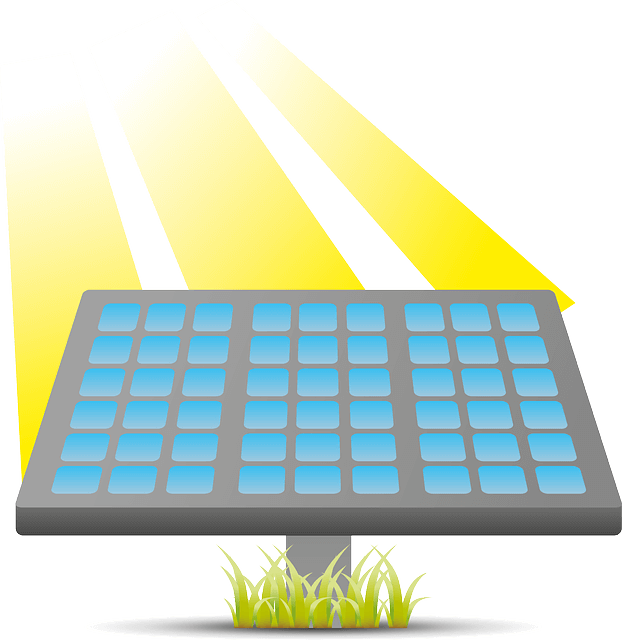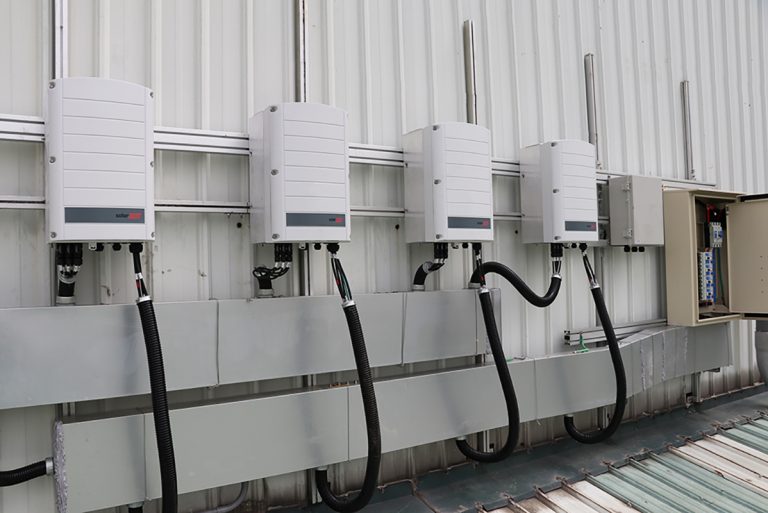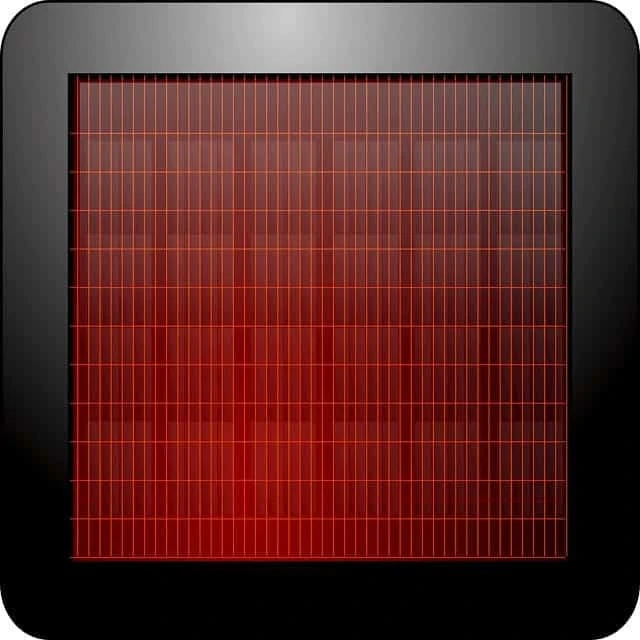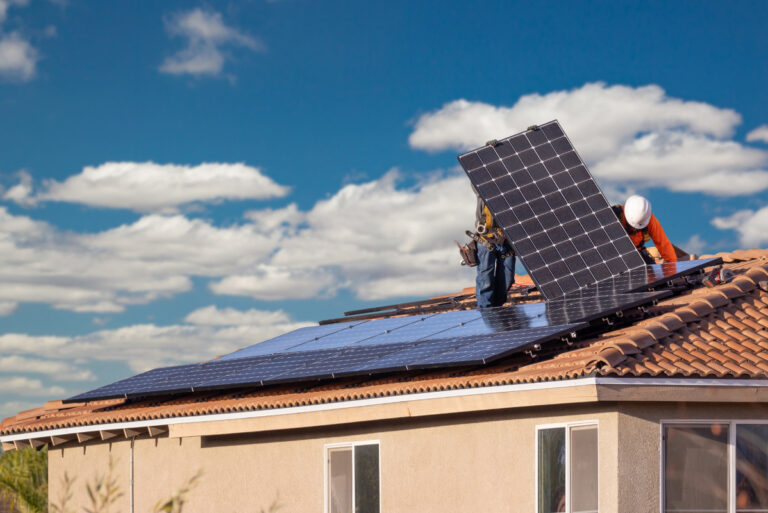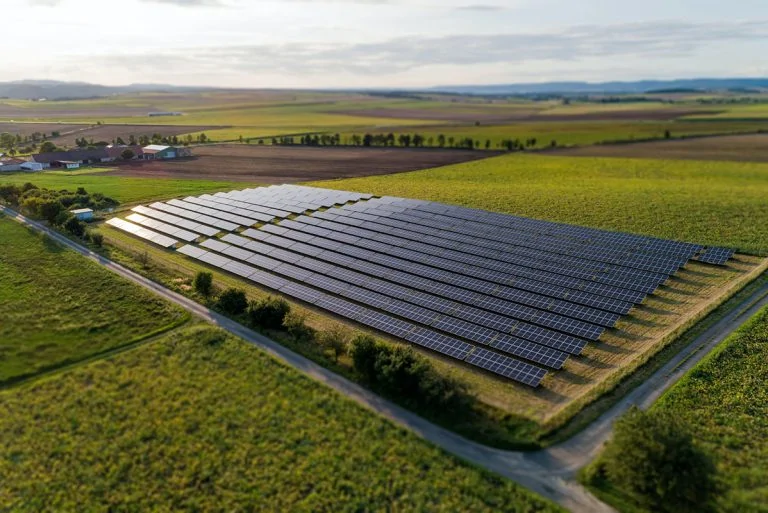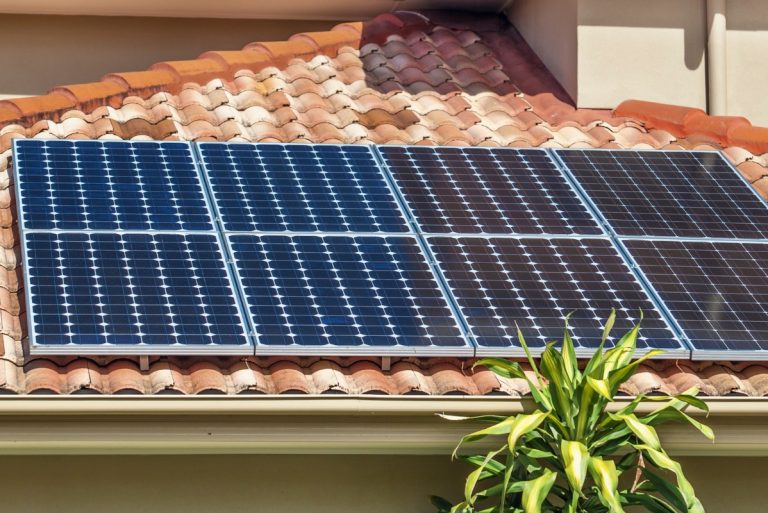If you live in a location where winters are cold and long, or rainy days are more frequent than sunny ones, you may think that solar panels are not a viable option for your household. You’re not alone – many potential solar owners find themselves asking: do solar panels work in cold weather?
Put simply, solar panels do indeed work in cold weather. However, there are a few key considerations to fully understand just how your solar panels could be impacted by the winter season.
How do solar panels work?
To fully grasp how solar panels work in cold weather, it’s important to know the basics of how solar panels operate.
The process begins, of course, with the sun: solar radiation is emitted by the sun in differing quantities around the world. Solar technologies, such as solar panels, serve to capture this radiation and turn it into useful energy – enough to power a house, for example.
But how do these technologies capture the radiation?
Solar panels in particular utilize one of the main two solar technologies, called photovoltaics (PV). When sunlight hits a solar panel, energy from the sun is absorbed by the PV cells in the panel. This energy then creates electrical charges that cause electricity to flow.
So, what happens when the sun does not shine, and no radiation hits the solar panels? Let’s explore different weather conditions and how they could impact your solar system’s operation
See Related: Solar Panel Lifespan Guide
How solar panels work in cold, cloudy, or unfavorable weather conditions
If you’re thinking of installing solar panels at your home or business, you undoubtedly should consider how different weather conditions will impact the performance of your system.
Here are a few key facts to know about how solar panels work in cold weather or cloudy, unfavorable conditions:
- Solar panels are built to absorb solar radiation, but not only direct sunlight: most solar panels are constructed so that they can still absorb solar radiation even when the sunlight is not direct.
- This is because the amount of energy solar panels generate is directly proportional to the amount and intensity of sunlight they are exposed to. However, this correlation applies when all other factors, like the quality of the solar panels, are held constant.
- Because of this relationship between the intensity of the sunlight and energy generated, changes in weather can certainly impact the performance of solar panels.
To better understand the way weather and temperature impact solar panels, let’s explore the following scenarios that can influence the performance of your system.

Do solar panels work in cold weather?
If you’re located in a region where temperatures regularly hit below freezing and the winters are long, you may think that solar panels are not a viable option for your home.
When any sunlight – whether direct or indirect – hits a solar panel, it can be turned into electricity. But how does the temperature impact the performance of a solar panel?
You may be surprised to find out that even in below-freezing temperatures, solar panels can still turn sunlight into electricity! This is because solar panels absorb radiation from our sun’s light, not its heat.
You may also be surprised to learn that heat is not favorable for solar panels to produce optimum amounts of electricity. Excessive heat can reduce solar panels’ energy output considerably – by as much as 10-25%.
As long as sunlight is hitting a solar panel, it will generate electricity. When the days are shorter in the winter months, however, the sun will shine for less time than in the summer.
This is an important element to consider because less sunlight will produce less electricity from your solar panels.
Do solar panels work in cloudy weather?
During sunny and bright days, solar panels can generate electricity at full capacity, as there will be full exposure to sunlight for several hours of the day.
Solar panels do work even when there is no direct sunlight shining on them. On cloudy days, some form of sunlight can still reach the surface of the solar panels and be converted into electricity.

Although electricity will still be produced, cloudy days can diminish the amount of solar power generated. This is all dependent on how dense the cloud cover is.
The denser the cloud cover, the less sunlight that can be absorbed by your solar panels to produce electricity. To be precise, solar panels will produce an average of 10-20% of what they would provide on a hot sunny day.
See Related: Monocrystalline vs Polycrystalline Solar Panels
Do solar panels work when it rains?
Rainy days may lead potential solar panel owners to question whether their system will still function, or be damaged in any way by the rain. But in some of the rainiest and cloudiest cities in America, Seattle and Portland, solar panel installations have increased.
How can this be?
In terms of operating effectively, solar panels are designed to withstand the effects of moisture without being damaged. Panels must pass the test of resilience under harsh weather conditions.
Each solar panel must be tested for functionality under extreme weather before they can receive a certification from organizations such as UL Solutions, which ensures products are tested for safety and efficacy.
So, most solar panels will still work correctly while it’s raining!
In terms of power production, solar panels will still generate electricity even on rainy days, though usually at a lower capacity, because rain is typically accompanied by dense clouds.
Since photovoltaic panels can use direct or indirect sunlight, even if a day is cold and raining, PV cells will absorb sunlight particles scattered in the atmosphere. The power that the panels generate will be directly dependent on cloud cover.
One surprising advantage of rainy days is that rain will wash away some of the dust and dirt that accumulates on solar panels, making them even more efficient afterward.
See Related: How to Clean Your Solar Panels
Can solar panels work on cold, snowy days?
Though we know that solar panels can be impacted by winter days when there is less sunlight, solar panels can still work well in winter – as long as the panels are not covered in snow and can absorb the sunlight particles that come through.

Similarly to rainy days, snowy days usually come with dense cloud cover, meaning that the output of electricity the solar panels produce can be diminished. The output, however, may still be enough energy to serve your household.
Another consequence of the winter is that households often consume a lot of energy to heat their homes.
To ensure that your house will not run out of power on these days, battery storage can help store the energy produced during intervals of sunlight and remain available for you to use later.
It may be surprising to learn that cold temperatures do, in fact, favor the operation of solar systems. High temperatures can diminish the output of solar panels – for each degree above 77 degrees Fahrenheit, or 25 degrees Celsius, up to 0.5% efficiency is lost.
During sunny days in the winter, however, snow that has fallen on the ground often reflects the sunlight onto solar panels, thus improving the amount of solar radiation hitting their surface.
Although the drawbacks of solar systems in the winter can be minimal, there are clearly several important factors that you should consider when installing a system.
See Related: Solar Farm Land Requirements
Can solar panels work at night?
Solar panels cannot generate power at night – even though the moon does emit light, it does not produce the solar radiation that solar panels require to operate.

For solar panels, energy is generated when sunlight hits the surface of the panel, charging the electrons and thus generating electricity. Because there are no photons being radiated at night, no solar power is generated.
However, when the sun is shining during the day, you can maximize this by having a robust and reliable solar battery storage. You can purchase battery storage or employ the net metering method to ensure you have enough energy flowing to your house at night.
How badly can shade affect solar panels?
While solar panels in cold weather is one thing, solar panels in shade is quite another. Let’s understand how shade can affect the performance of solar panels.
If even a little shade falls on solar panels, their output can be significantly hindered. Trees, especially dense areas of trees, can hinder the amount of electricity your solar panels produce. Why?
Similarly to snow, leaves can block direct sunlight from reaching the surface of a solar panel. And even though solar panels can work with indirect light, we know that direct sunlight is the most impactful.

Generally, solar panels produce about half as much energy under shade as they do under direct sunlight.
In fact, when even one cell of a solar panel falls in the shade, it will affect the output of the rest of the batteries, because they are all connected in a series. If one cell is covered in a 36-cell solar panel, the output of the entire system will be brought down to the level of the shaded cell.
There are other technologies that can be used to combat the impact of the shade. It is wise to use micro inverters to limit the effect of the shade. A micro inverter will ensure that only the shaded cells are affected, allowing other cells on a panel to optimize electricity.
Solar panels do work in cold weather
Now, our original question of ‘do solar panels work in cold weather’ has been answered. The output of a solar panel can be impacted by shade, dense cloud cover, and all times when the amount of sunlight hitting solar panels is less than usual.
Because solar panels absorb radiation from the sun’s light, not heat, solar panels are built to continue producing electricity in cold temperatures and snow. So you can rest assured – solar panels do work in cold weather, so there’s no reason not to go solar, even if you live in a colder climate.
If you found this article useful, be sure to share it with your eco-conscious friends and spread some knowledge.

